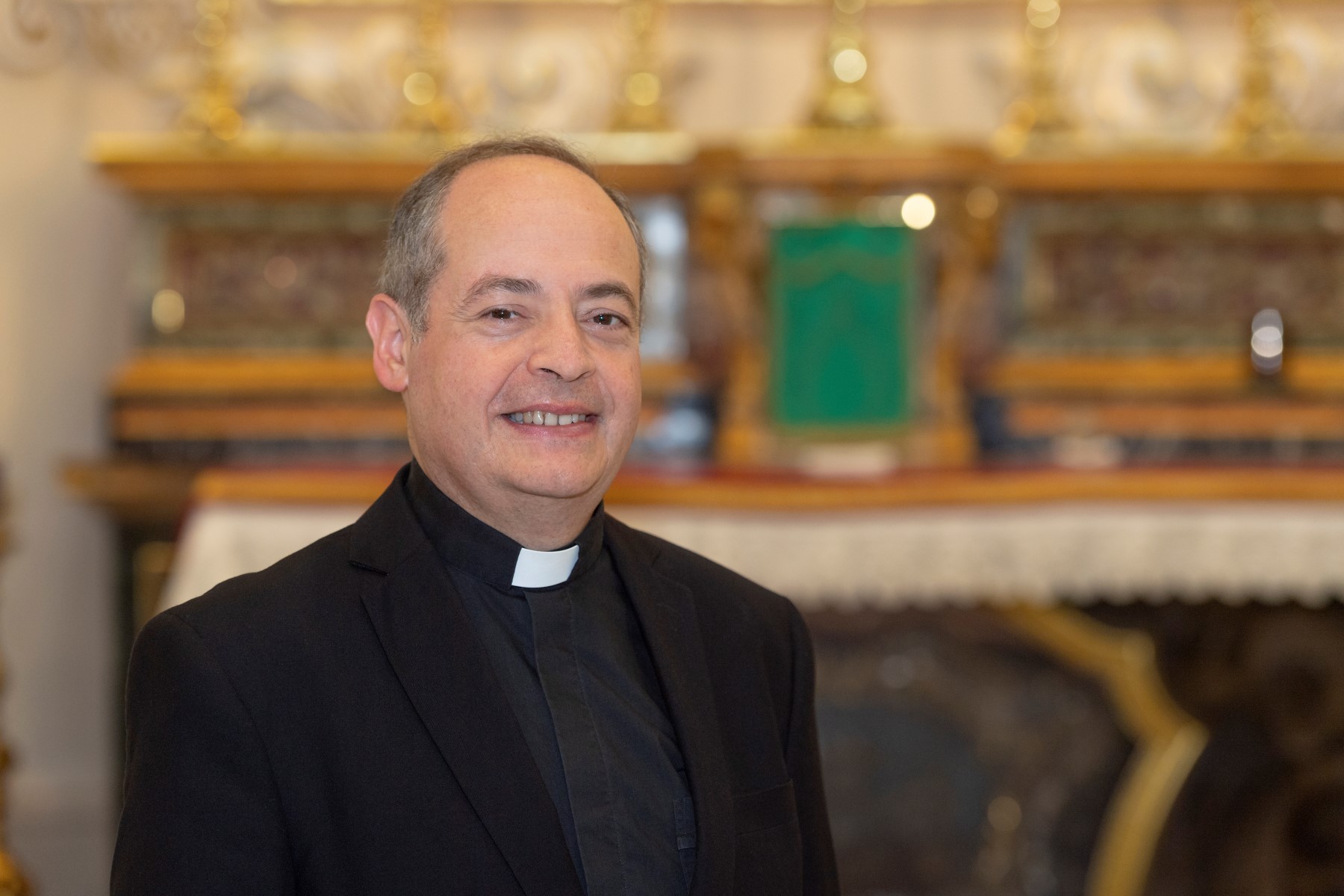
Message by Auxiliary Bishop Joseph Galea-Curmi
“If any want to become my followers, let them deny themselves and take up their cross and follow me” (Mt 16:24). These words by Jesus in today’s Gospel speak to us in a particular way.
Wouldn’t it have been better had Jesus said: if you want to become my followers, you can do as you please and follow me? This, perhaps, would have attracted more followers, but Jesus does not say anything which is deceiving. His words are always straightforward and very clear for our lives today.
What does ‘denying’ ourselves mean? It means that through the power of God himself, we are able to say ‘no’ to ourselves when a ‘no’ to ourselves is needed, so that we are not led by our feelings and live according to our whims and moods. To highlight an example from daily life: If you are feeling angry, denying yourself means controlling your anger, being vigilant in your temper so that you will not unleash insults on others and hurt them with your words. This is self-denial; it is not a one-off occurrence but a constant task. Developing self-control is essential if we are to live according to God’s will.
Jesus’ words are beneficial not only to us personally but also to society at large. If we truly practice self-denial and self-sacrifice for a higher value that is more important, then we are truly contributing to society.
I would like to refer to our present experience of the Covid-19 pandemic. It has not gone away. It is still with us. If we adhere carefully, as we should, to the measures that safeguard our lives and that of others, and make the necessary sacrifices, our self-denial benefits all society. If we could not care less about these measures and do as we please simply to enjoy ourselves, our actions will not only harm ourselves but everyone else. This is why the words of Jesus resonate with us today. They help us work for a better society by embracing a spirit of self-denial and self-control, and doing this for the greater good which, in this case, is the important value of safeguarding our health and our own lives and that of others.
Jesus also says that we must take up our cross. This means that we must be ready to suffer for what is right, for what is just. At times, the patience we must exercise with someone is the cross we must carry in our lives. However, we must pray to the Lord to help us understand what taking up the cross truly means so that we would not be inadvertently sustaining an abusive system. If you are a victim of domestic violence, taking up your cross does not mean that you remain in an abusive relationship, being beaten up and suffering in silence. Taking up your cross means taking the necessary hard steps to end this abuse by speaking up in order to start the process to free yourself from an abusive situation. That is what carrying the cross means.
Let us pray to the Lord to enlighten us and help us to deny ourselves when needed, to make the necessary sacrifices, and take up our cross so that we will follow him with faithfulness and love.
✠ Joseph Galea-Curmi
Auxiliary Bishop of Malta
This article was first published on The Sunday Times of Malta on 30th August 2020





